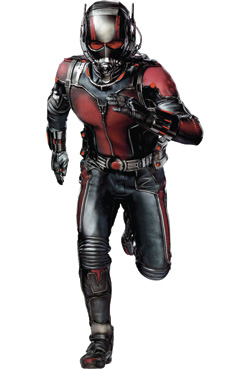Film Review: Ant-Man
Marvel Gets Small For Latest Addition To Its Cinematic Universe


Latest Article|September 3, 2020|Free
::Making Grown Men Cry Since 1992

